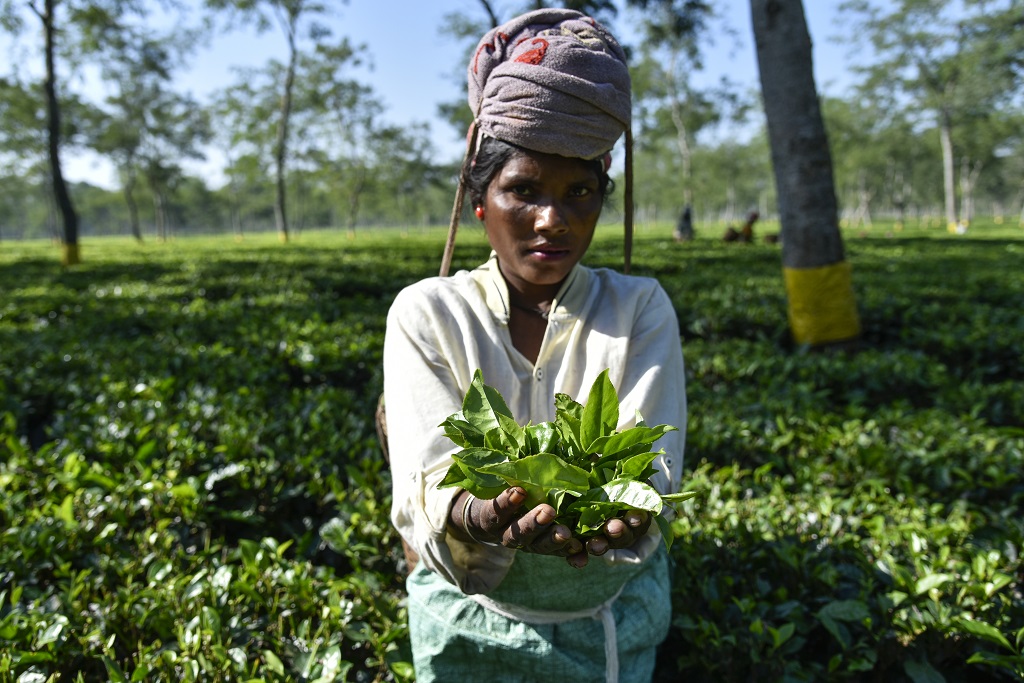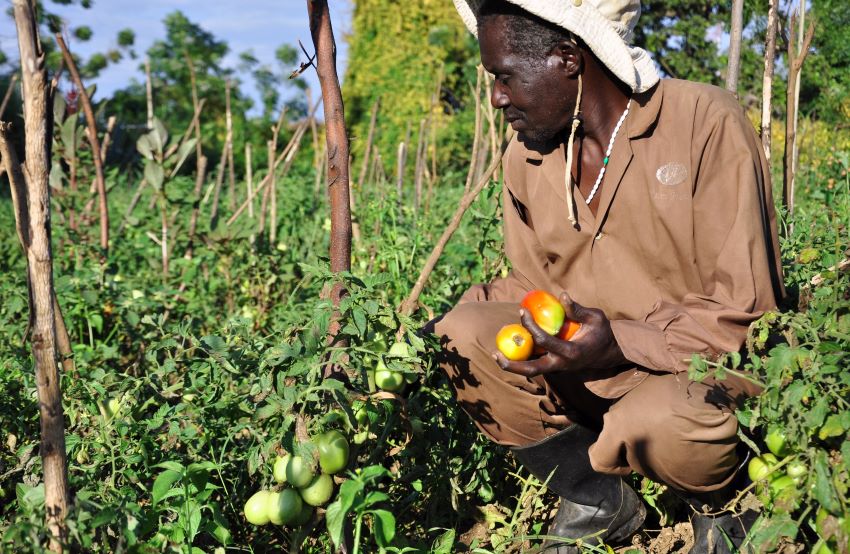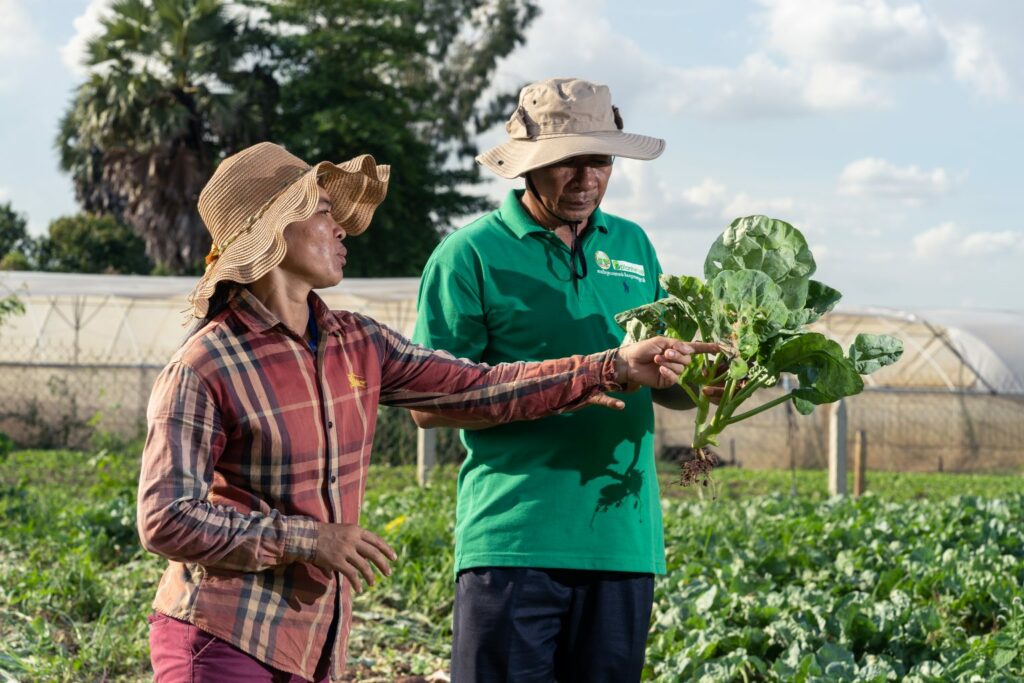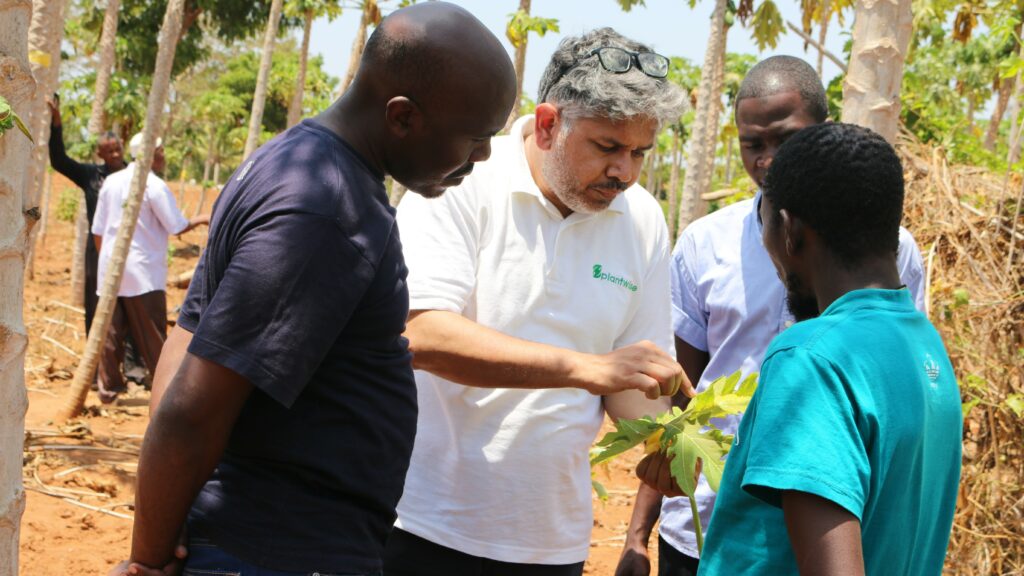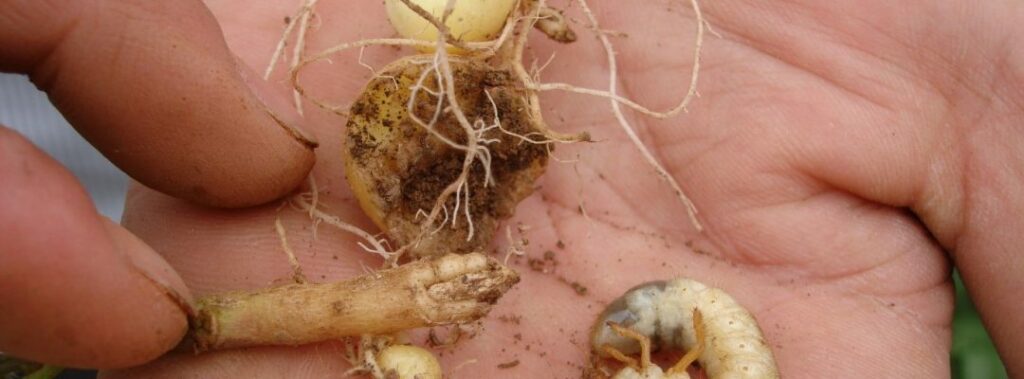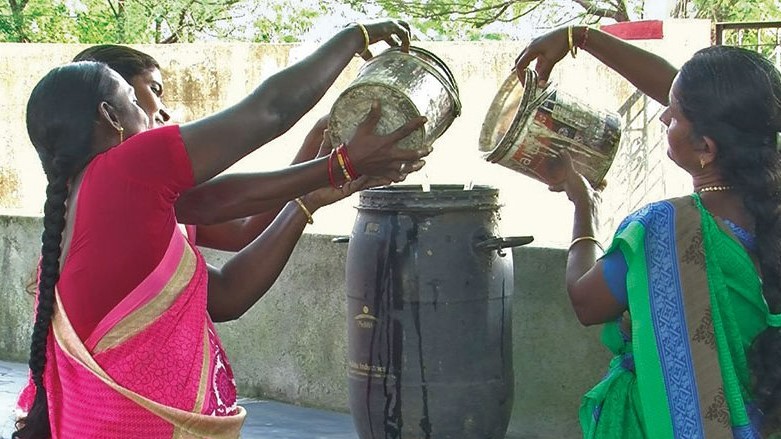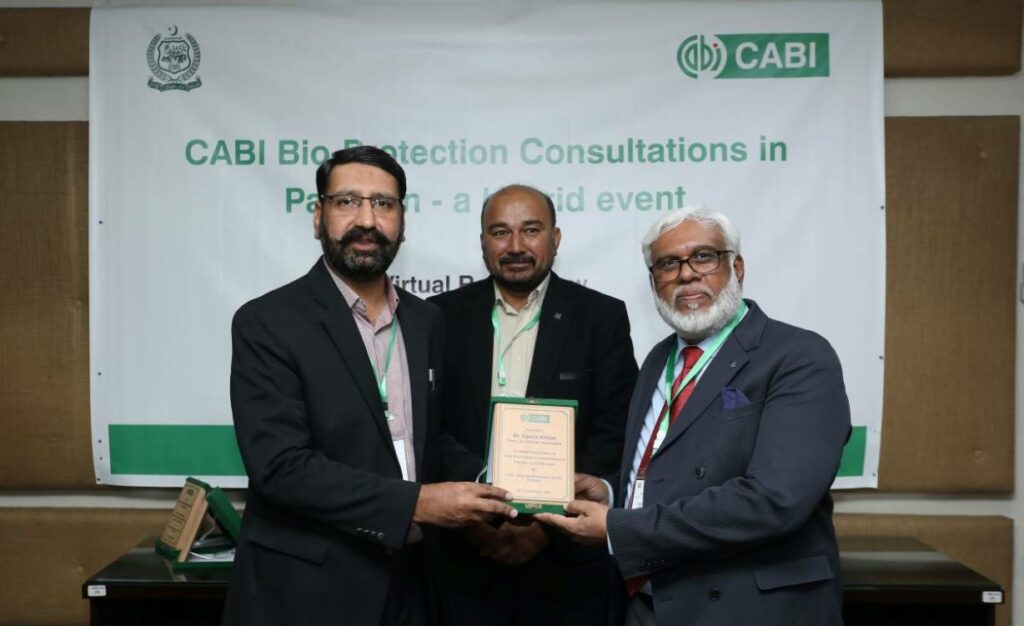Overcoming gender barriers to tomato farming in Pakistan
Tomato is an important crop in Pakistan – every year, the country produces 4.2 million tonnes of tomatoes. Growing them can be labour intensive. But research shows that tomato production has the potential to generate good incomes for rural smallholders. This includes incomes for women farmers. In Pakistan, women account for over 60% of active…
Conserving biodiversity: biocontrol for sustainable agriculture
Can biocontrol help protect biodiversity? Biodiversity refers to all the living things on Earth, including how they interact with each other. A rich biodiversity means a healthy planet.
Pesticides in tea: How can we manage tea pests more naturally, avoiding harmful chemicals?
On International Tea Day, we look at how we can reduce pesticides in tea. Tea is the second most widely consumed beverage in the world, after water. It’s estimated that people drink around three billion cups every day. But tea plantations are under threat from pests, and farmers must find effective ways to stop them.…
Mass rearing training strengthens papaya mealybug biocontrol programme in Kenya
PlantwisePlus has been working in collaboration with partners in Kenya to implement a classical biological control strategy to manage papaya mealybug (Paracoccus marginatus). The invasive pest has been devastating papaya crops in Kenya. A CABI study in 2019 found it caused an estimated 57% yield losses across five counties.
Selecting the right biopesticide or biocontrol product for your needs
This article was originally published on the CABI BioProtection Portal blog. Visit the original blog post here. Choosing a biopesticide or biocontrol product for managing a pest is about asking the right questions. Below we have compiled a simple list that will help you make the right choice, with the CABI BioProtection Portal to support and guide you.
How Plantwise plant clinics supported a women-led cottage industry in India
In 2003, twelve women in Chokkalingam Puddur village started a local biocontrol agent production unit. The Ellya Thendral women self-help group produced and marketed five different types of fungal biopesticides. Their cottage industry received a boost when a Plantwise plant clinic was established in their village. CABI’s Plantwise programme partnered with M S Swaminathan Research…
Bio-protection roadshow promotes low-risk plant protection products in Pakistan
Agriculture continues to face new and complex challenges. Not only do these affect agricultural production, but also basic and applied agricultural research and education. One key area of concern is the increasing threat from plant pests and diseases, made worse by climate change and environmental degradation. Farmers often turn to chemical pesticides to protect their…
- « Previous
- 1
- 2
- 3
- 4
- Next »




